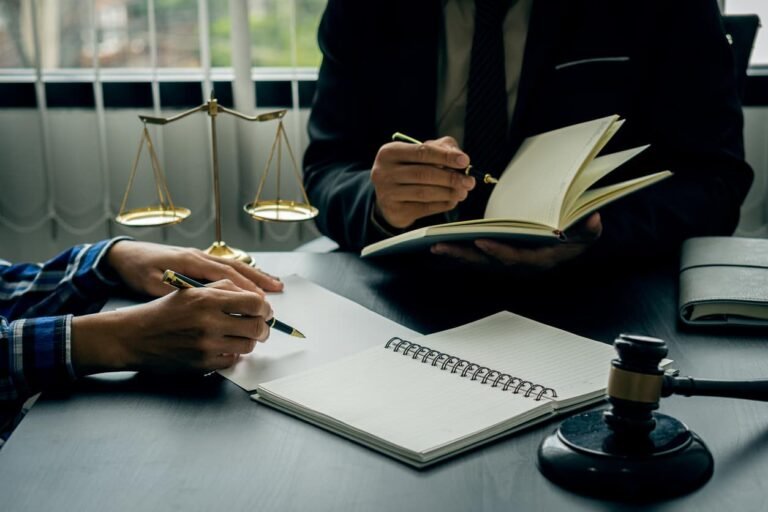Can Lawyers Be Jurors
Is a question that comes up frequently in the field of justice. There is discussion and interest around the relationship between juries and legal practitioners. Let’s investigate this fascinating subject and consider our options.
Recognizing Attorneys’ Eligibility to Serve on Juries from a Legal Perspective
Lawyers’ eligibility to serve on juries is a topic that requires careful consideration of both professional ethics and legal legislation. It is true that attorneys are permitted to serve on juries in many jurisdictions. The degree of their involvement can differ, though.
Dispassion and Prejudice
Potential prejudice or influence is one of the main issues with lawyers serving as jurors. It is expected of attorneys to uphold the values of impartiality and fairness as officials of the court. Nevertheless, during jury deliberations, their background and knowledge in law may unintentionally influence their viewpoint.
Limitations or Exclusions
In order to reduce worries about prejudice, several jurisdictions place limitations on attorneys who serve as jurors. For instance, during jury selection, attorneys could not be allowed to participate in a particular kind of case or might face extra scrutiny.
Benefits and Drawbacks of Lawyers Serving on Juries
Advantages
- Legal Knowledge: Attorneys provide a distinct perspective on legal procedures and concepts to the jury selection process.
- Effective Communication: Attorneys are frequently skilled speakers who can explain intricate legal ideas to other juries.
- Improved Decision-Making: Having attorneys on a jury panel may lead to more deliberate and well-informed decisions.
Cons
- Perceived Bias: Because of their legal training, lawyers may be thought to be biased in favor of one side over another even though they make an effort to be objective.
- Dominance in conversations: Due to their knowledge with legal issues, lawyers may dominate jury conversations and may obscure other members’ points of view.
- Conflicts of Interest: If a juror’s case includes matters pertaining to their professional ties or legal practice, they may have conflicts of interest.
Frequently Asked Questions, or FAQs
- Can attorneys be cross-examined when choosing a jury?
Yes, just like any other prospective juror, lawyers are subject to challenges during the jury selection process. If the attorneys representing the parties to the case think there is a good reason for the lawyer to be disqualified, they may ask to have the lawyer removed from the jury panel. - Are attorneys who are acting as jurors given any particular considerations?
Lawyers may be expected to reveal their occupation during jury selection, even though they are subject to the same basic jury duty rules as other citizens. - How do juries’ deliberations change when attorneys are present?
The inclusion of attorneys on a jury can impact the decision-making process by offering valuable perspectives on legal doctrines and protocols. It may also bring up issues with bias or dominance in conversations, though.
In summary
In conclusion, there is a complicated interaction between legal concepts, ethical issues, and real-world ramifications when deciding whether or not lawyers can serve as jurors. Although they can often serve as jurors, lawyers may present special opportunities and problems for the jury system. We can comprehend the dynamics at work and the possible effects on the administration of justice by delving into the benefits and drawbacks of lawyers acting as jurors.




